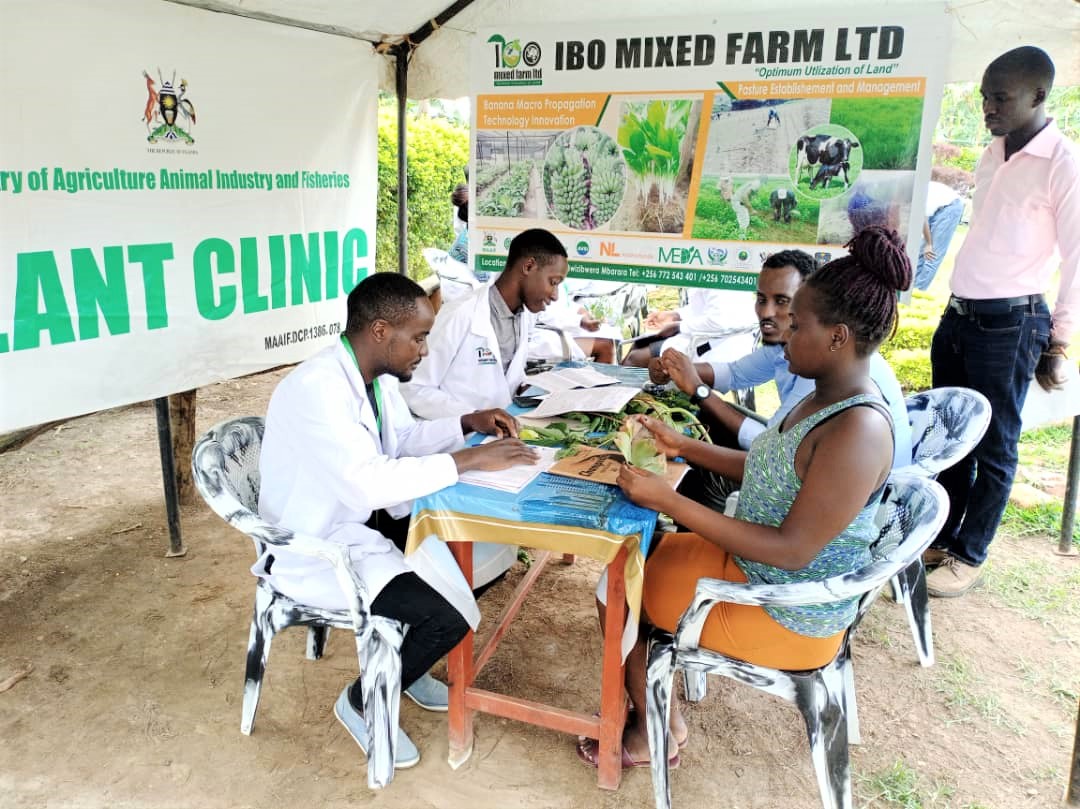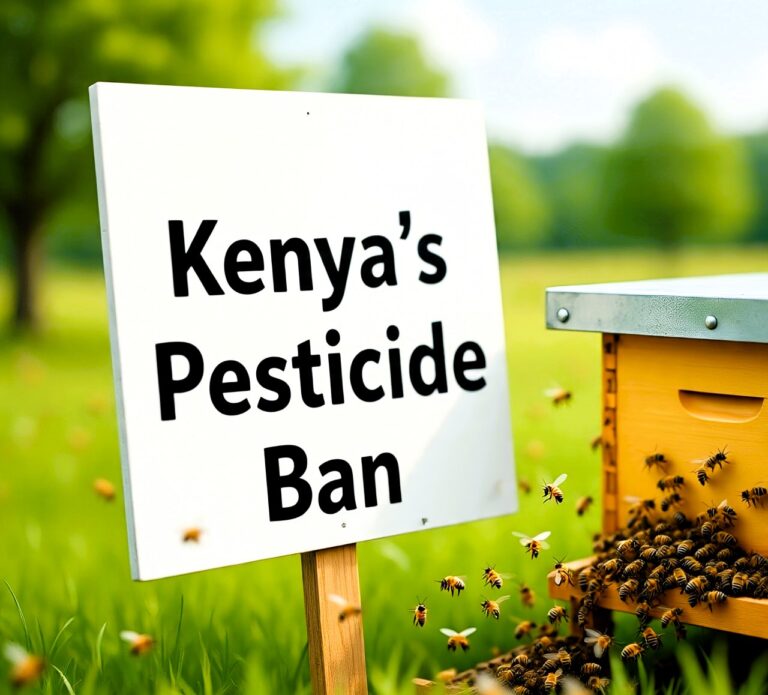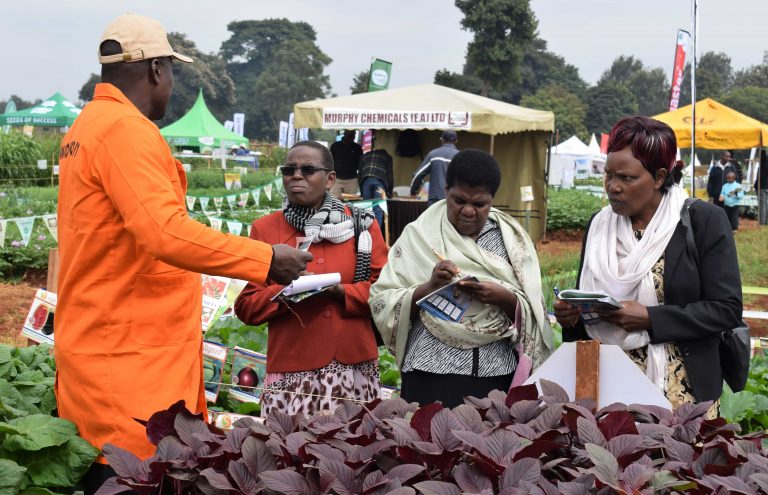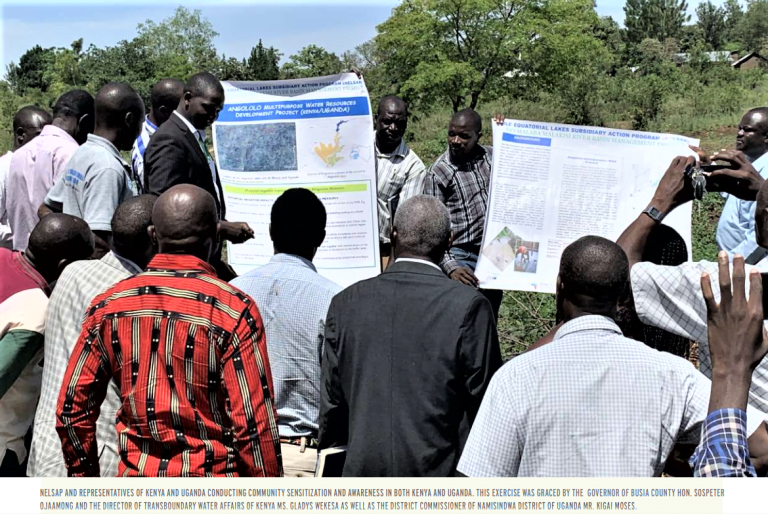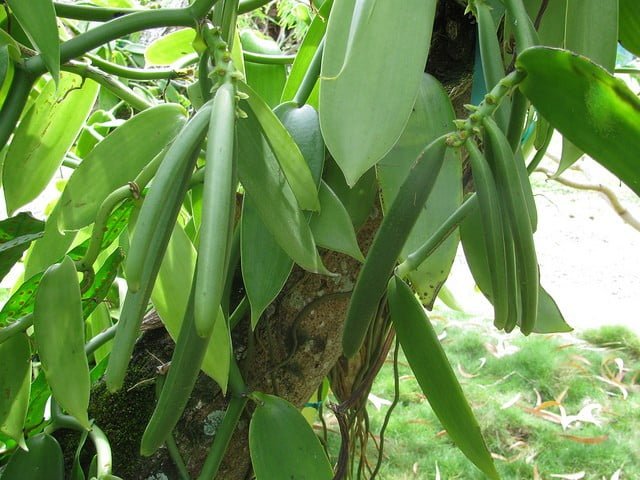By Kimuri Mwangi
Plant clinics is a tested extension approach globally. In Uganda, the approach has been tested for monitoring, information sharing and facilitating the management of crop pests and diseases.
A Plant clinic is a designated place by plant doctors for offering advice on a regular basis to farmers on crop pest and disease management. It is run in terms of diagnosis, treatment, control and prevention of illness. Similar to human health clinics, the clinics are operated by specially trained personnel referred to as plant doctors through the Ministry of Agriculture, Animal Industries and Fisheries (MAAIF) extension structures. The approach is part of the nationwide agricultural innovation system on plant health.
Plant clinics are usually held in one location, run on specific days, and are not open continuously. Mostly run in mobile shelters unlike human health clinics, they can be set up with a few chairs and tables in a shopping center or other places visited by farmers. Farmers usually bring their defective plants to the clinics for diagnosis and intervention advice. Findings from the diagnosis and intervention advice are filled in a “prescription book”, with a copy given to the farmer at the end of the consultation.
In circumstances where the plant doctor is unable to identify the plant health problem presented, a visit to the farmer’s farm is arranged to properly ascertain the problem. More difficult problems are referred to the regional or Ministry laboratories for diagnosis by scientists. Plant doctors are equipped with reference materials, such as factsheets and photo sheets of typical crops and pests in their respective agro-ecological zones or districts, to support the diagnosis and eventual recommendations. In some cases, plant doctors are assisted by lead farmers or community-based facilitators with good experience in the management of pests and diseases. These assistants are referred to as ‘plant nurses’
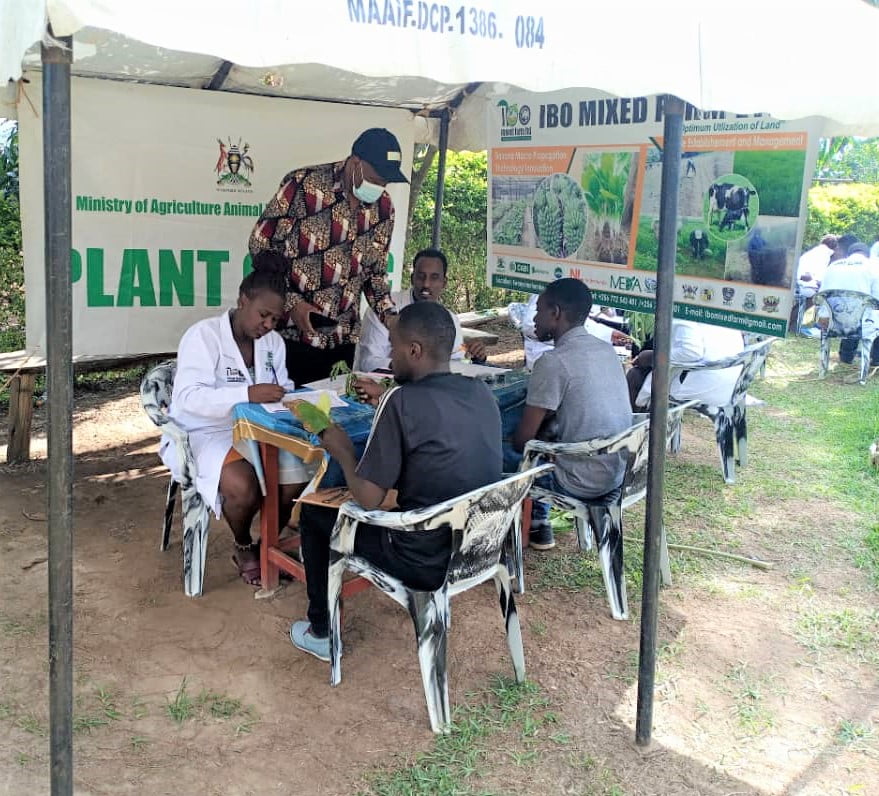
According to the Under Secretary in the Ministry of Agriculture, Animal Industries and Fisheries (MAAIF) Mr Ronald Ssegawa Gyagenda, the government of Uganda adopted Plant health clinics in 2005 as an agricultural extension approach to provide advisory services to farmers with operations in 94 districts to date. It is used to address crop pests and diseases by extending quality extension services and information for early warning and anticipatory action to farmers.
He was speaking in Karamoja Uganda during the launching of the service in the sub-region, thanks to efforts by the Food and Agriculture Organization of the United Nations (FAO) in collaboration with the Ministry of Agriculture, Animal Industries and Fisheries (MAAIF), with funding from the European Union, under the auspices of the joint FAO and UN World Food Programme (WFP) Strengthening Shock-responsive Systems in Karamoja (PRO-ACT) project.
Through plant clinics in Karamoja, FAO will promote and strengthen the delivery of plant health advice to farmers and facilitate monitoring of pest and disease prevalence and reporting of new pests and diseases. This will support both provision and uptake of early warning information for the multi-hazard early warning system established under PRO-ACT as well as support formulation and implementation of anticipatory actions by both extension workers and communities/farmers.
Pests and diseases, along other hazards such as drought, present a considerable challenge to food and nutrition security for communities in Karamoja. In fact, from technical observations on crop pests and diseases in the sub-region, plant health related problems contribute to considerable levels of crop loss, and are a threat to food security, income, and livelihoods for most households in Karamoja.
Dr Charles Owach, representing FAO in Uganda while speaking at the handover of the Plant Clinic Kits at MAAIF offices in Entebbe, said that rolling out of plant clinics is particularly important to bolster the effectiveness of the work of extension workers, reaching out to smallholder farmers to address the challenge of crop pests and diseases.
“It is critical that we recognize the challenge of pests and diseases in agriculture, especially to smallholder farmers, and institute early warning and response systems to aid prevention and management of pests and diseases,” he said.
“Acting in anticipation of pests and diseases will save more lives and livelihoods,” said Ms Nadia Cannata, Head of Sustainable Development at the EU Delegation. “The EU believes that this type of investment in preventative action makes sense. Investments in early warning systems like this is one of the key objectives under the PRO-ACT project”
“The kits we have received from FAO will expand MAAIF’s plant health clinics operations to cover the nine districts of the Karamoja sub-region. We applaud FAO and the EU for providing the kits, in addition to training 74 agriculture extension workers who are ready to work as “Plant Doctors,” he noted.
To support the introduction of plant clinics in Karamoja, under the PROACT project FAO has procured a set of equipment for each district. The items were handed over to MAAIF and will subsequently be distributed to all nine districts in Karamoja. They include tents, tables, chairs, caps, banners, knives, hand lenses, T-shirts, Lab overcoats, digital microscopes, insect sweep nets, drop-down cloths, Waste disposal bins, stainless steel scissors, and prescription books, among others.
According to FAO global estimates, every year, up to 40% of food crops are lost due to crop pests and diseases. A study on crop pests and disease management in Uganda by Kansime et al (2017) estimates crop losses due to pests and diseases at 10-20% (pre-harvest); 20-30% (post-harvest); and up to 100% for perishable crops and export crops.


